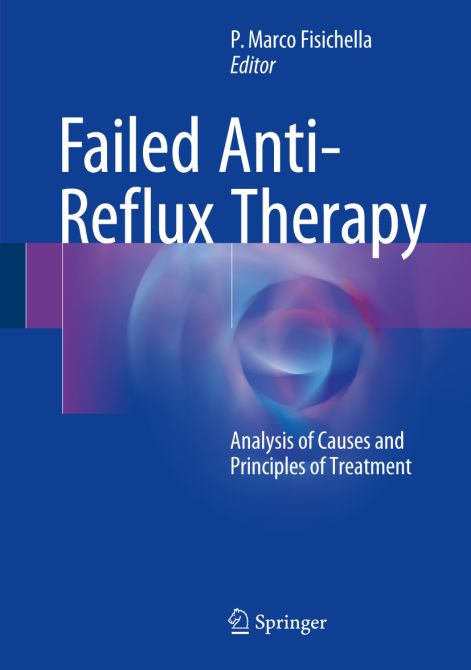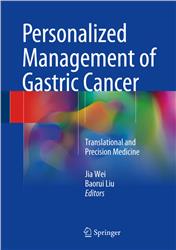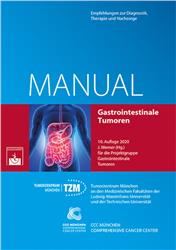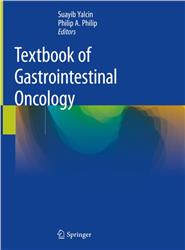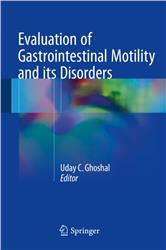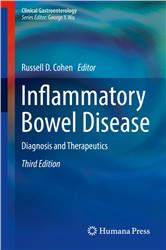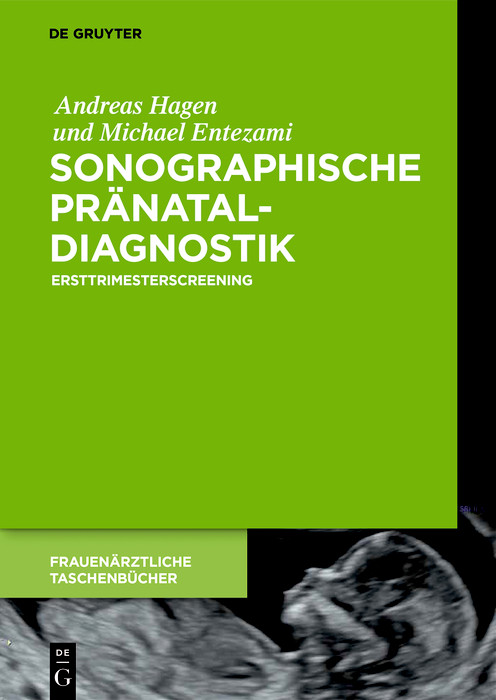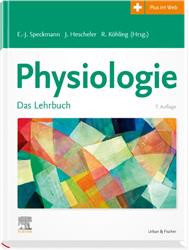Failed Anti-Reflux Therapy
Analysis of causes and principles of treatment
| Auflage | 2/E 2017 |
| Seiten | 320 pp., 67 illus. |
| Verlag | Springer |
| ISBN | 9783319468846 |
| Artikel-Nr. | 596738 |
Lieferzeit ca. 5 Werktage
Produktbeschreibung
This multiauthored text provides information on the pathophysiology of GERD, appropriate medical management, and proper indications for and performance of surgical and endoscopic procedures for GERD. Thousands of patients will experience inadequate relief from medical therapy or will develop complications from their procedures or recurrent or new symptoms afterwards; this text describes in detail the proper evaluation and management of such patients.
Beginning with an overview of the current understanding of the pathophysiology of GERD, the book moves onto new information regarding tissue susceptibility, the role of bile and digestive enzymes, and cyclic changes in LES tone. The next chapters are devoted to standard therapeutic options for GERD, including lifestyle changes, pharmacologic therapy, and surgery. In addition, newer endoscopic treatments, such as Stretta, Endocinch, injection of bulking agents, as well as others, are described. Subsequent chapters focus on the causes for failure of medical, endoscopic, and surgical therapies. The remainder of the text is a detailed examination of medical, endoscopic, and surgical remedies for these treatment failures.
This text is essential to any physician who manages patients with GERD, including internists, gastroenterologists, general surgeons, and thoracic surgeons.
Beginning with an overview of the current understanding of the pathophysiology of GERD, the book moves onto new information regarding tissue susceptibility, the role of bile and digestive enzymes, and cyclic changes in LES tone. The next chapters are devoted to standard therapeutic options for GERD, including lifestyle changes, pharmacologic therapy, and surgery. In addition, newer endoscopic treatments, such as Stretta, Endocinch, injection of bulking agents, as well as others, are described. Subsequent chapters focus on the causes for failure of medical, endoscopic, and surgical therapies. The remainder of the text is a detailed examination of medical, endoscopic, and surgical remedies for these treatment failures.
This text is essential to any physician who manages patients with GERD, including internists, gastroenterologists, general surgeons, and thoracic surgeons.

Bleiben Sie informiert!
Melden Sie sich für den frohberg.de-Newsletter an und nutzen Sie jetzt Ihre Vorteil:- Willkommens-Dankeschön: Beatmungsmaske Rescue Me
- Aktuelle Neuerscheinungen und Empfehlungen
- Exklusive Angebote und Kongress-Highlights
